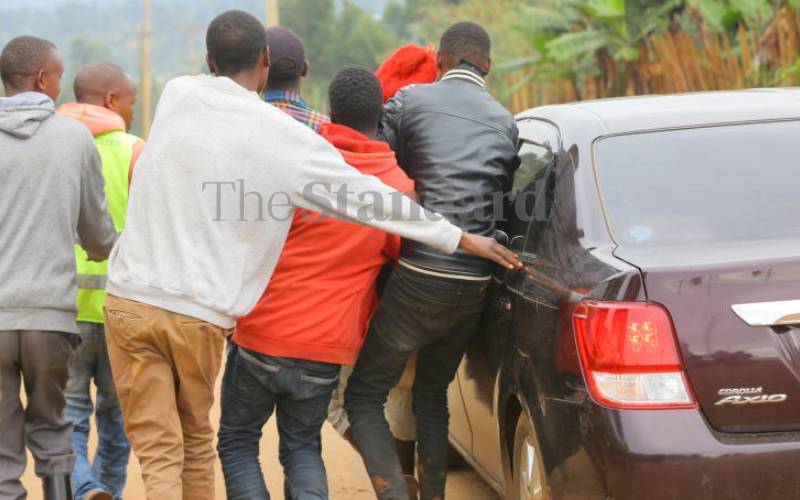×
The Standard e-Paper
Kenya’s Boldest Voice

Only a politician on the campaign trail can suggest that money grows on trees and still get applauded for it.
With less than four months to the General Election, the sacrosanct economic dictum that there is no such thing as free lunch is seemingly lost on the leading presidential hopefuls.